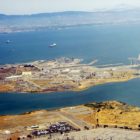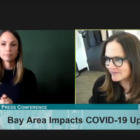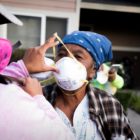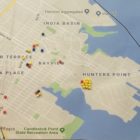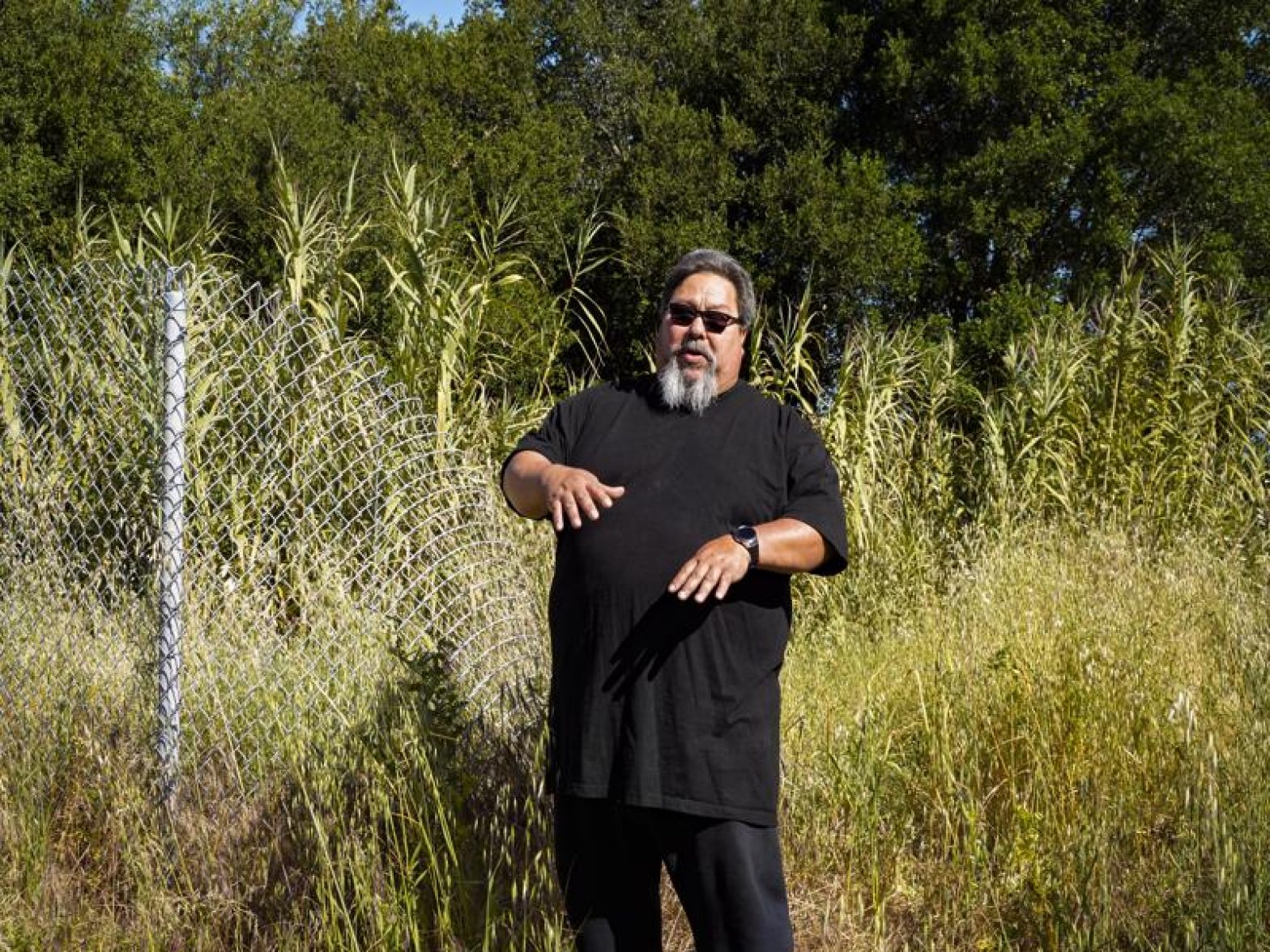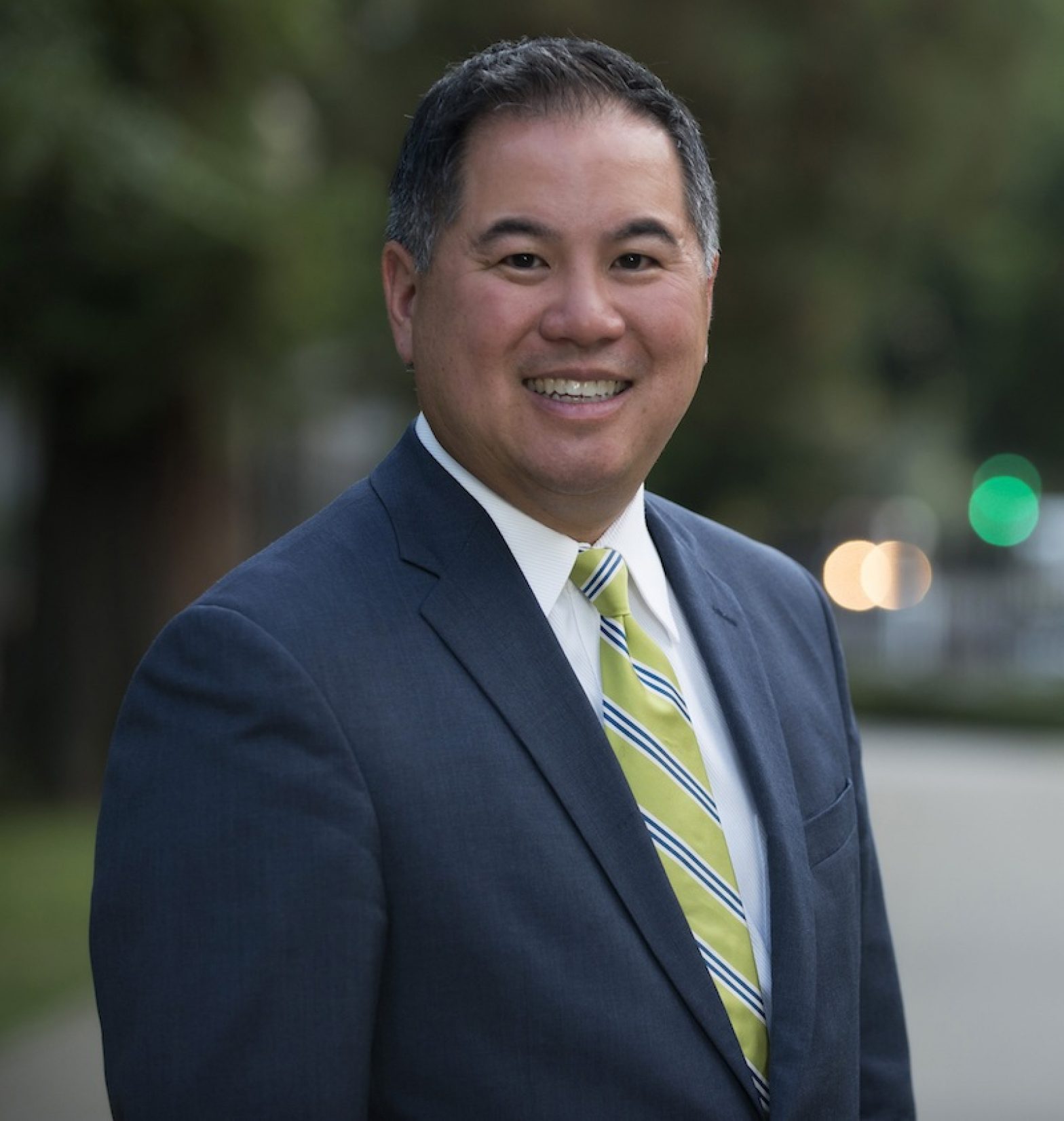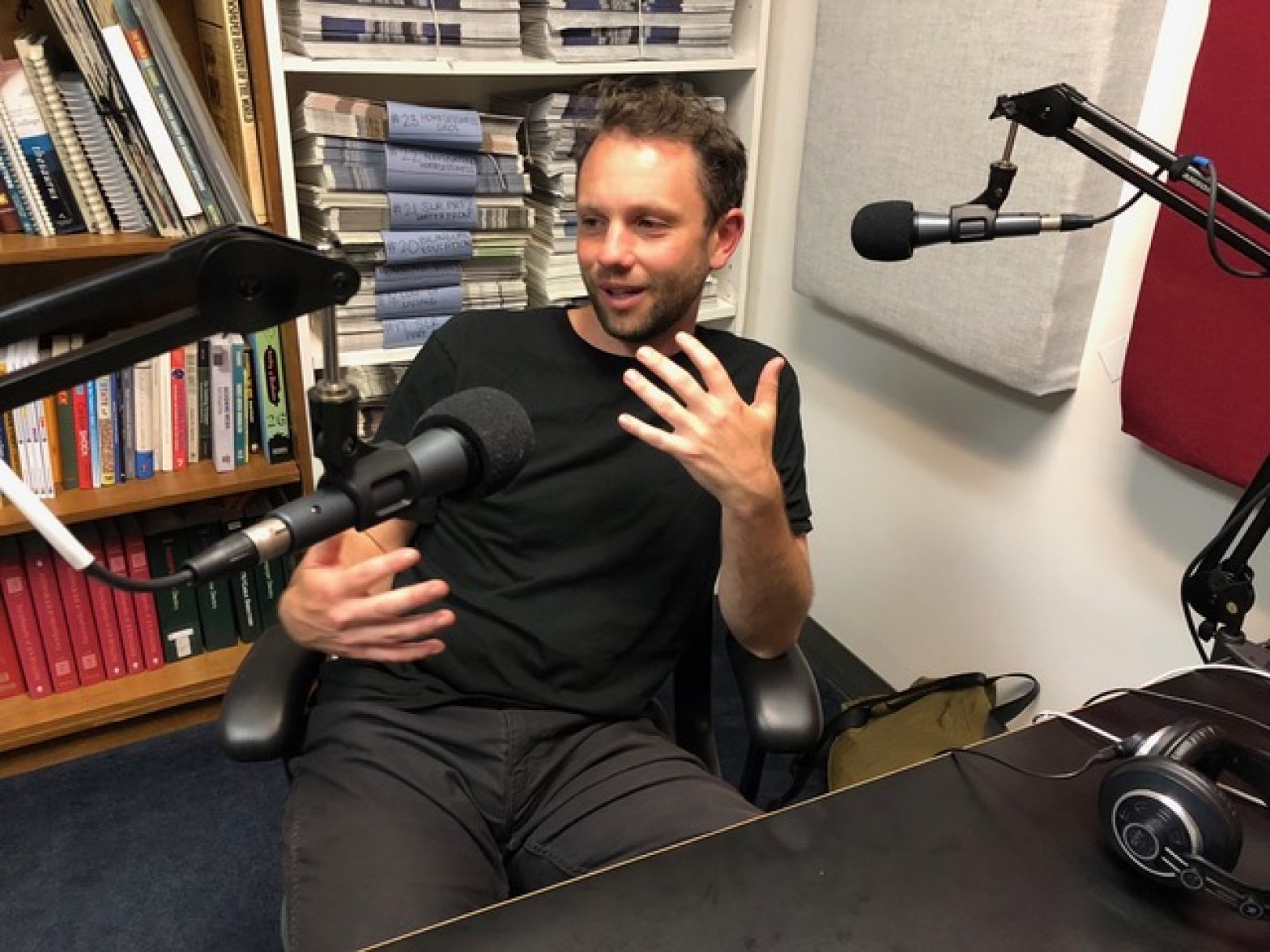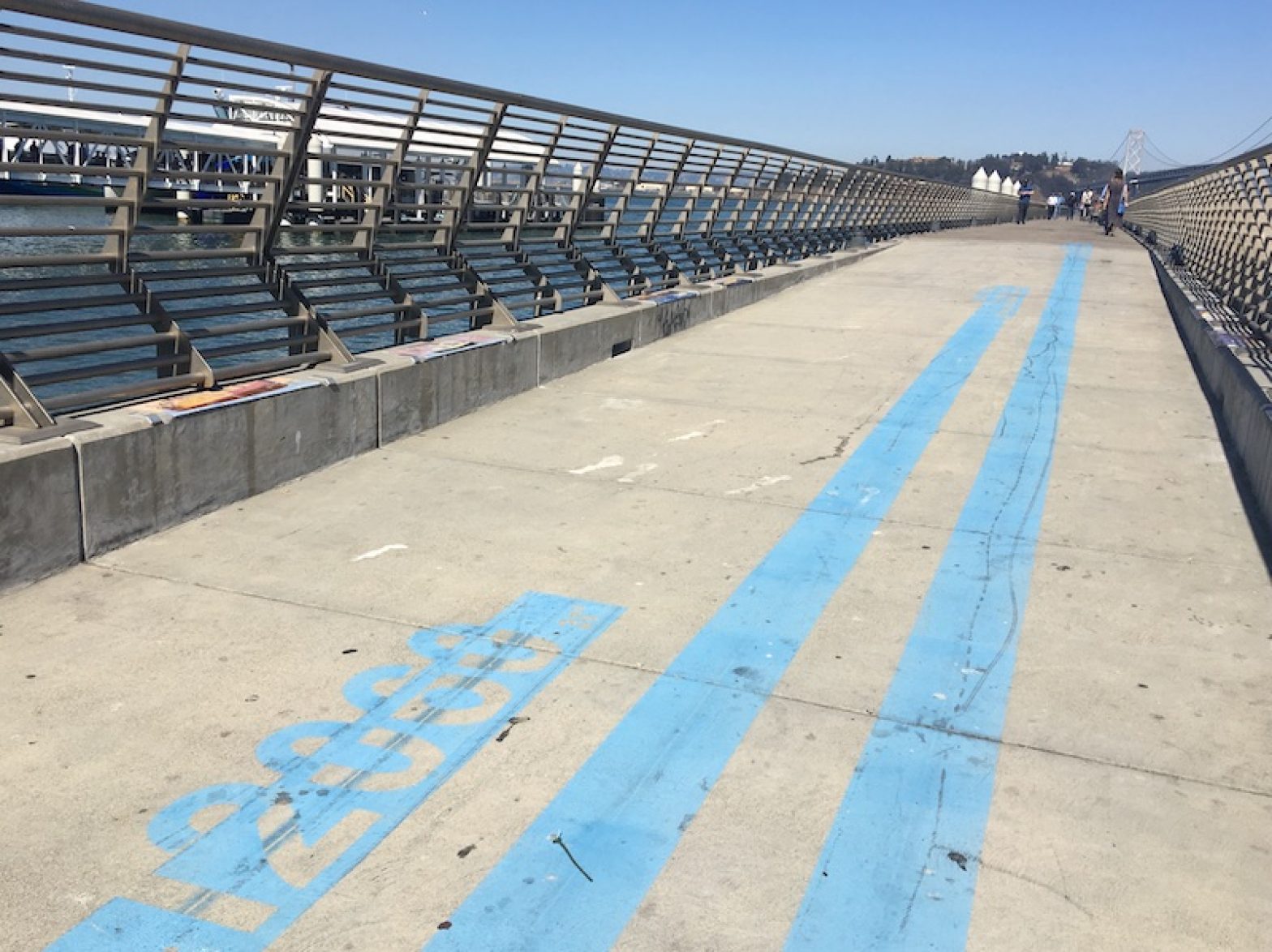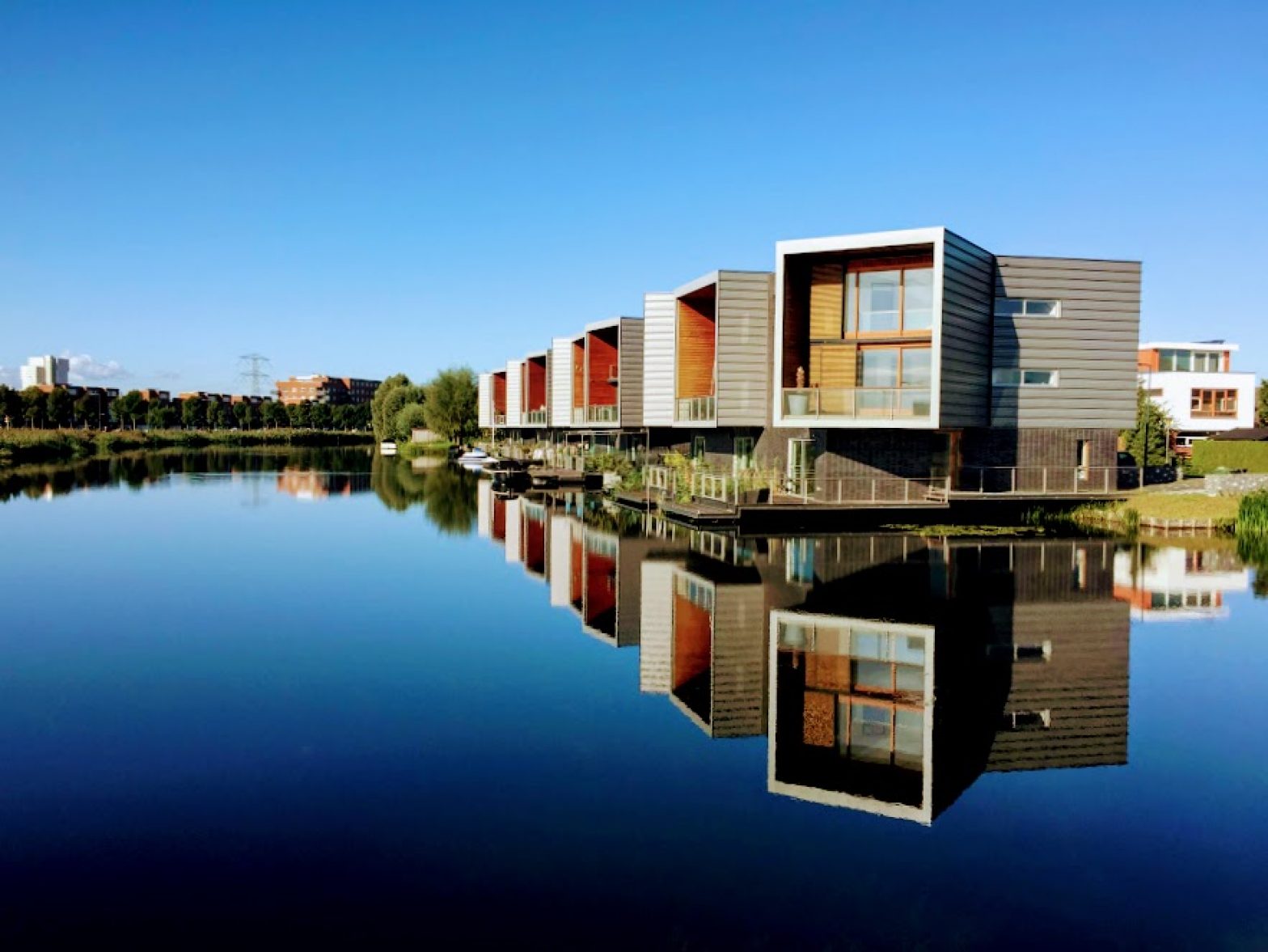Coronavirus
Air Pollution Worsens COVID-19, but Bay Area Emissions Limits Are Unchanged
Limits on construction activity were lifted May 17 as California reopened. Reopening presaged a summer-long spike in COVID-19 cases. As the pandemic continues through wildfire season, and San Franciscans breathe in pollution from the fires’ miles-wide blankets of smoke, public health experts and researchers contacted for this article agree that human-created sources of pollution should be limited or eliminated.
